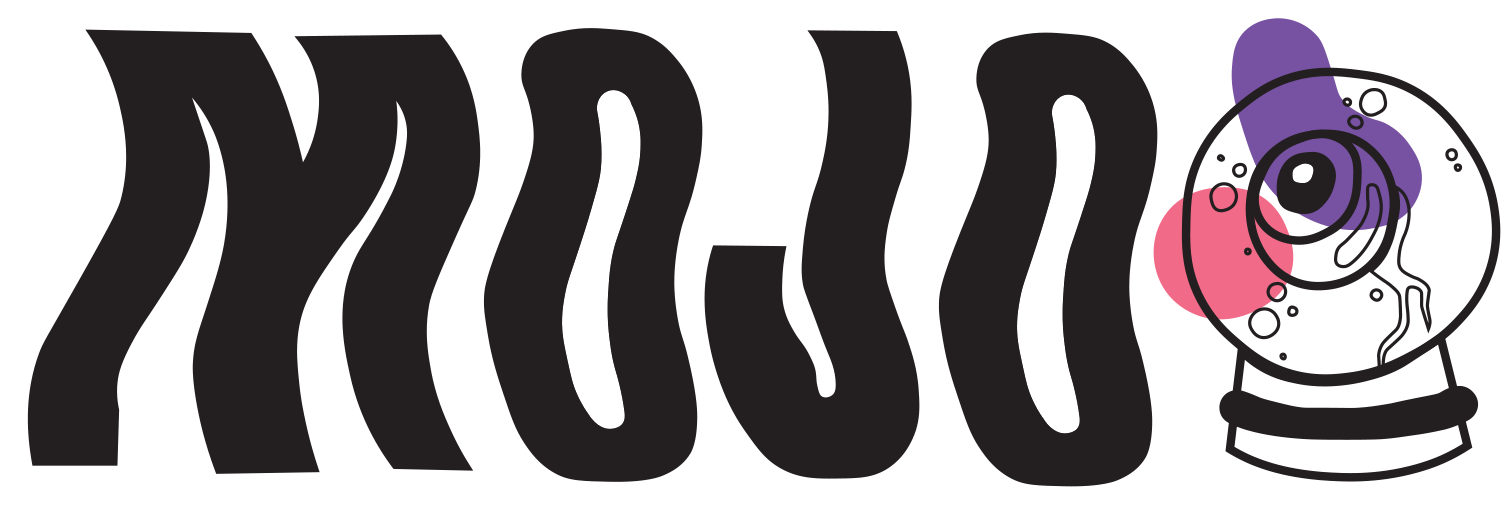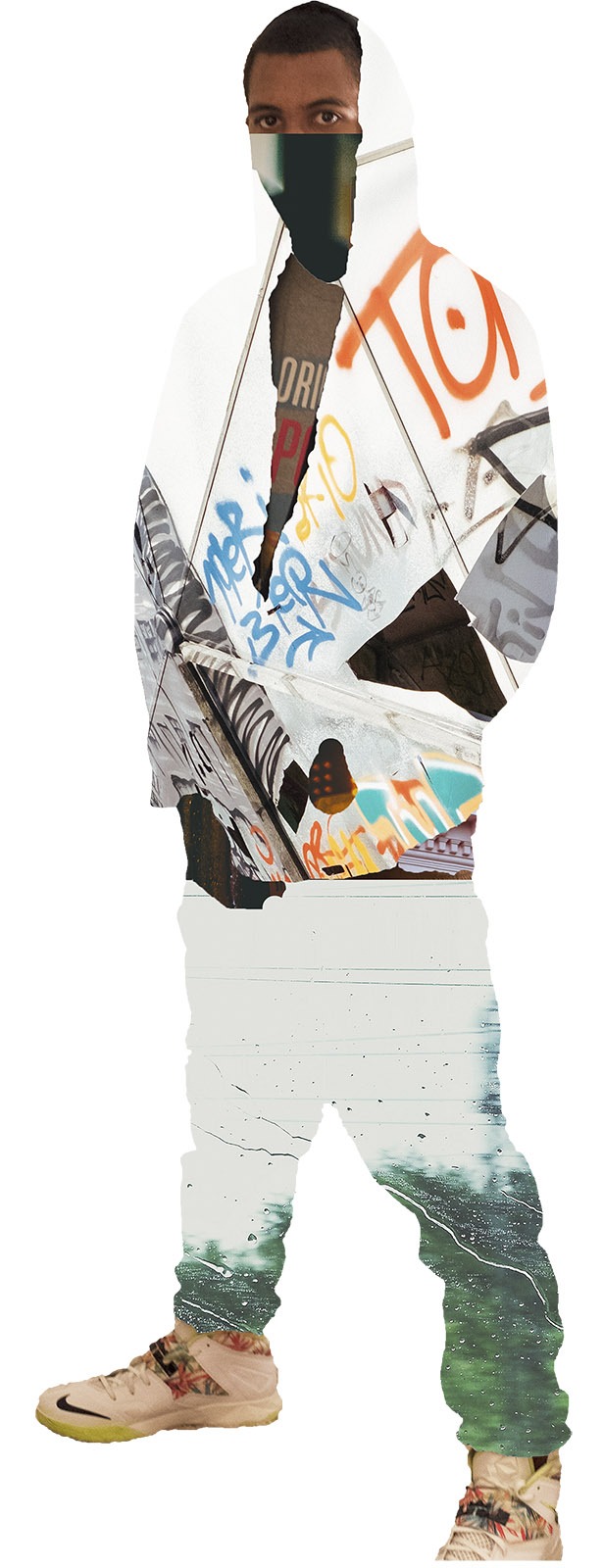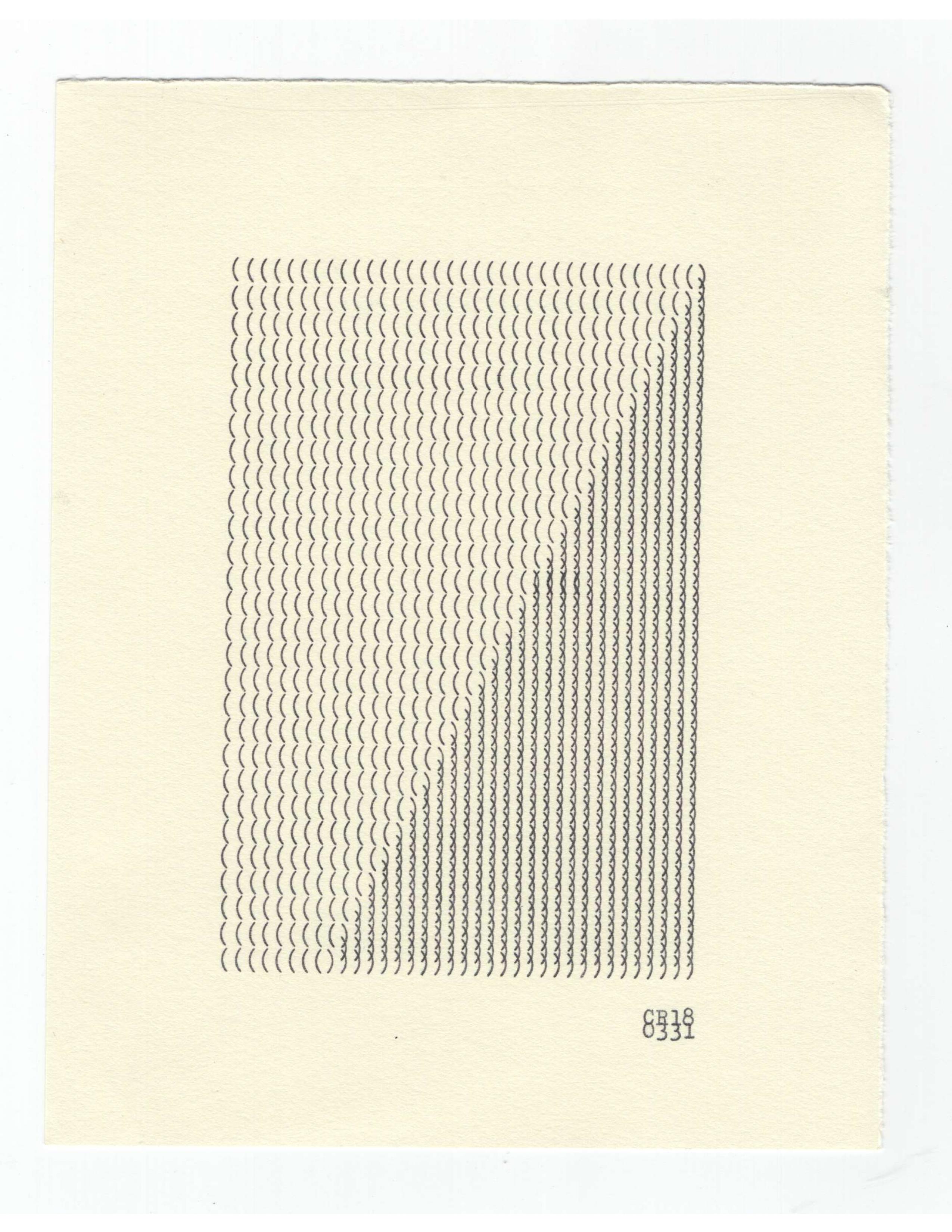“Some people don’t give you anything at first. They don’t know who you are,”
Daniel Kramer, on his first handshake from Bob Dylan.
“Rainy Day Women #12 & 35”
My old friend Steven makes his money working at a Dominos in Rosemead, California. He tells me he’s attending classes at an acting studio, through the encouragement of Carmen Argenziano—who played a buttonman in The Godfather, Part II. He’s living honestly, recording music at his home, posting videos on Instagram, arguing with Donald Trump supporters on social media.
“Pledging My Time”
“I’ll call you next week,” I tell him. A few months pass by and I don’t dial his number. Sometimes, your brain and your memory are the weakest links in the human body. Too much stress, or piling your schedule up with coursework and bong hits, can cause the electrical impulses in your brain to stop synapsing like they used to, evaporating like sparks in a chimney.
“Visions of Johanna”
Sitting in math class during fourth period, Steven passed me a note. “Listen to this” was written on the outer fold of the paper. Inside, Blonde on Blonde was written in his trademark sloppy script. “This is music,” Steven wrote underneath it. I got home and locked my bedroom door, found the album on Spotify, and pressed play. I was filled with luscious harmonicas and trumpets, and a jagged voice—nasal and worn-down—entered my ear canals and hit the eardrums. The vibrations slithered through my ossicles, ending at the cochleas. The auditory nerve told my brain the vibrations were sounds. Everything felt okay for seventy-three minutes—from the first cymbal crash to the last puff of the harmonica. Five years later, I can still hear Steven’s contagious laugh ringing behind the instrumentals after we snuck out of class and hid in a computer closet. We played the album on my phone at a low volume as a jungle of wires and keyboards hovered over our heads. I can still hear the same amazement and disbelief from him that I heard when we walked up and down the streets of Greenwich Village in New York where Bob Dylan first made a name for himself.
“One of Us Must Know (Sooner or Later)”
On the cover of a ripped-up yellow notebook, Steven and I took turns writing “Dylan” in different fonts: block letters, cursive, chicken scratch, thin letters, our best attempt at Times New Roman. “You hear the new bootleg series?” Steven asked me. “Yes,” I responded. “I think the demo version of ‘She Belongs to Me’ is better than the album version.” He gave me a scowl look with his jewel-blue eyes. “Don’t ever say that again,” he snapped.
“I Want You”
Steven says he’s been binge-drinking a lot since he got to Los Angeles. “I can’t even tell what days are real anymore,” he insists. In high school, when they told us alcohol would ravage our brains, we pictured them turning into hunks of grape jelly ricocheting off the sides of our skulls. I’ve never had even one sip of alcohol in my life. Studies show that too much alcohol can remove neurons from your brain, maybe the ones storing fits of violent rage from fathers, your reflexes for wanting revenge. Alcohol may treat traumatic incidents from childhood, and let you forget that pain for a while.
“Stuck Inside of Mobile with the Memphis Blues Again”
He was the first person to know I was bisexual. I’d subtly hinted about it one day at school, and he didn’t stop to ask questions. He just moved on with conversation, asking me what my favorite Bob Dylan song that day was. “Oh,” I said, “probably ‘Wigwam’ or something.” I crossed my ankles under my desk. “That’s a fucking good one, bro,” he replied. Sometime in the future, when a classmate of ours called me a faggot, Steven threatened to beat his ass for it—and that was good enough.
“Leopard-Skin Pill-Box Hat”
OCD patients tend to follow the same routine, or fixate on one specific thing. Anything outside of the routine can feel foreign, unnatural. We sat in our study hall and listened to Bob Dylan every day. All we ever talked about was Bob Dylan. Some OCD patients ease their symptoms by attempting to arm those around them with the same habits and obsessions. Steven professed Dylan’s greatness to everyone in his path. He even got the star player on the basketball team to dig “Like a Rolling Stone.” Time moves faster when you’ve learned to compartmentalize your life in ways that make sense to you and no one else. “Dylan wouldn’t give a shit if I passed this biology test or not,” Steven said once.
“Just Like a Woman”
“I’ve been having a lot of meaningless sex,” Steven tells me. “I can’t even fathom how it doesn’t make the voices in my head stop. Anyways, my mother wants to know when I’m coming home.” I ask him when he thinks that’ll be. He tells me it could be in 2024 when the total eclipse is over Ohio, or never. I’m not quite sure what the middle ground in that is. One time, when we were in eighth grade, Steven told me he lost his virginity to a girl he met on the internet. He told me all about how they did it bareback, which he most certainly had no clue about back then. It was an entertaining gag, much like how he claimed to be related to Frankie Yankovic—the Polka King of America. This time, though, I could hear the emptiness in his voice—the longing he had for a warmer feeling. In that moment, I could sense there was a part of him that wanted to be back in Ohio in someone’s arms.
“Most Likely You Go Your Way and I’ll Go Mine”
I spend a lot of time thinking of synonyms, slang, to define the last time I saw Steven. Ignorance for when he came by my house unexpectedly on his last day in Ohio. “Go on a drive with me,” he said. I told him no, citing that I had to catch up on a television show with my mother, but, really, I just couldn’t go out with him—the actuality of his leaving too much for me to bear. “No, man, I really can’t. I’m sorry,” I said to him, after he tried waring me down with repeated asking. Repentance for when he wrapped his arms around me, hesitantly, and said goodbye in my driveway—a moment I didn’t realize would be the last time I’d see him for nearly three years. He didn’t say “see you later” or “talk to you soon.” Remorse for watching him drive off in his beater car. I remember the way his brakes rattled, how his tires made the asphalt scream when he couldn’t.
“Temporary Like Achilles”
With Steven, Blonde on Blonde is an album that is constantly teaching him how to keep going. We always joked in high school about how Bob Dylan’s music can teach someone how to live. I wish I’d been less naïve back then and realized he was never joking. We used to drive around during our senior year, with slushies and convenience store hot dogs, and listen to the album. Steven would skip through the tracklist in search of the perfect tune for whatever stretch of road we were on. He was a half-a-year older than me, but infinitely wiser. “It’ll be okay,” I told him once, when he was obviously hung up on something I’d never understand. I kept my eyes on the road. “Yeah,” he responded. “I love this album. Sometimes I feel like it was written for me. I don’t know what’d I do without him around.” I nodded and patted him on the shoulder. I fear for the day Bob Dylan passes away—because I worry about my friend.
“Absolutely Sweet Marie”
Steven was known for his constant jokes that weren’t politically-correct, even though he is one of the most compassionate people I know. When we were younger, he’d tell people to kill themselves or constantly joke about suicide—like it was something that deserved ridicule and wit. Our junior year, after I tried killing myself with shards of glass, he found out through a memoir essay I had to write for our creative writing class. He never made another joke about it when I was in the room—until I was out of therapy and doing better. I think he imagined learning that his friend could have been dead, and thought about how he’d probably cry if he’d gotten that news.
“Fourth Time Around”
His zenith was in his journals. He had stacks of them scattered around his shoebox of a bedroom at the house he grew up in. Steven never felt the warmth or vividness in Southington, Ohio that he felt in Bob Dylan’s music. Dylan has a house twenty-five minutes from where Steven currently lives. Once in a bookstore, he found Dylan’s first poetry book Tarantula. He didn’t have the money for it at the time, but told me: “I’ll have this one day.” So, he hid it between two Christian cookbooks and came back for it two weeks later. Within days of reaching California, he told me he was going to go see Dylan’s house. I wonder if he stood beyond the property and told himself he’d one day have all of it—the warmth and the vivid life he couldn’t find in his youth.
“Obviously Five Believers”
I once slept in Steven’s gazebo with him after his graduation party, watching Barbarella and Blow-Up back-to-back on a television and DVD player rigged up to his parents’ outdoor generator. Steven was seven jello shots deep and I was a gram of weed in. It was freezing, but we’d brought out a dozen blankets and propped up our lawn chairs like thrones. Everyone had gone home, or returned to their cars to sleep, and we were alone. It was there that I thought we would have a moment, an instance of honesty, where we both admitted to being scared about the future. But there was only the cosmic sound of the television screen in front of us. Before the last movie was over, I glanced over at him, thinking he’d be asleep and I could adjourn to the house to claim the living room couch for the rest of the morning, but he was wide awake, glaring at the screen with wonder. “Quit fucking looking at me,” he said with his boyish grin. “Don’t be gay.”
“Sad-Eyed Lady of the Lowlands”
For days, Steven is absent from Facebook and
Instagram. His arguments with Donald Trump supporters have vanished, for the
moment. I’m working on a poem in my dorm room when my cell phone rings. I hear
his familiar tenor voice greet me from the other end of the line. I pictured
him hearing me respond, offering up his Midwestern smile—closed-mouth and
halfway-curled upwards—before going on one of his tangents. My brain told my
mouth to say something, but it refused. My tongue quit moving. “The moment I stop talking about killing
myself is when you should be concerned,” Steven says to me, three-thousand miles
away.I hear puzzling static coming
from his end of the phone, and what sounds like the rustling of papers. My mind
convinces me they’re his journals.





